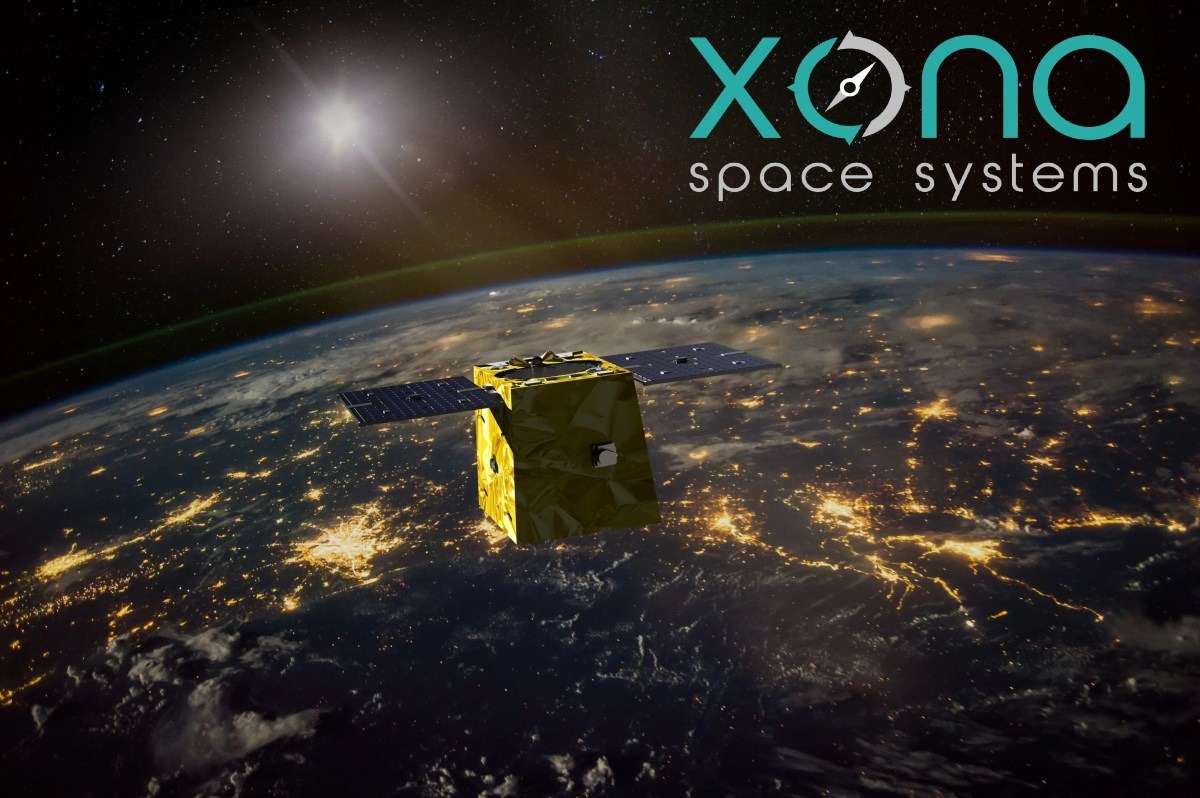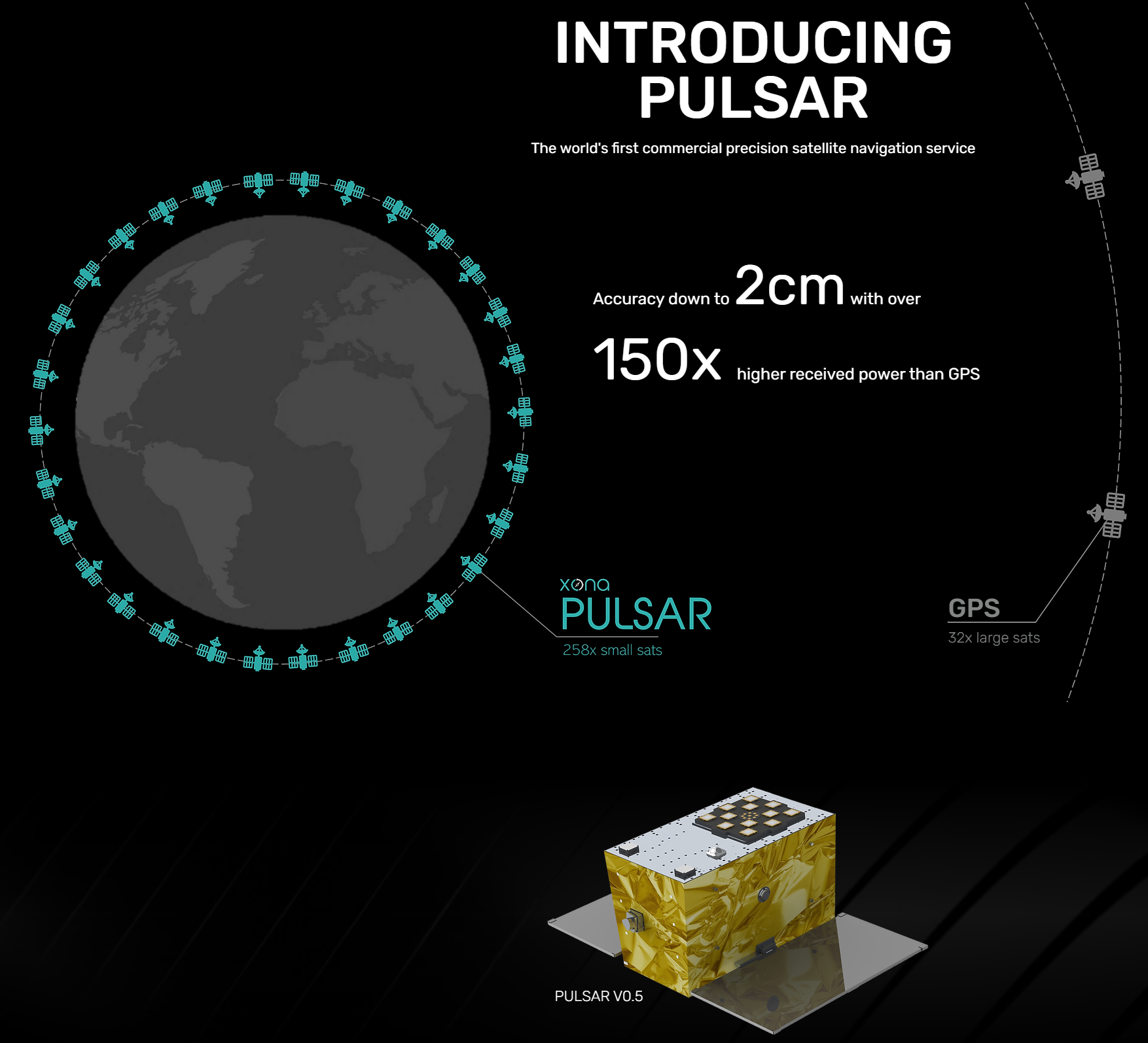For many years, GPS has held a monopoly among positioning, navigation and timing systems. It remains relatively affordable, and over the decades of its existence, the number of devices using GPS has already reached billions. However, Xona Space Systems believes that a more accurate system is needed to scale autonomous vehicles, advanced robotics and other 21st century technologies.

The startup plans to launch a satellite network in low orbit, which will become an alternative to GPS. The Pulsar network can be cheaper and provide more accurate geolocation data.
Xona was founded in 2019 by seven Stanford Graduate School graduates. Technical Director Tyler Reid worked at the GPS research laboratory and joined Ford’s autonomous vehicle group. He worked on localization requirements and tried to improve this technology.
Many cars with autonomous driving functions use a combination of cameras, radars and LIDAR devices for navigation. However, Xona’s CEO Brian Manning believes that these sensors are ineffective in unstructured environments. In such conditions, GPS or other global positioning services are more suitable.

Xona plans to build a network of 300 satellites. Their approach is more like SpaceX, a paid service that will provide a higher level of accuracy. The first production-class satellite will be launched in June 2025.
Although it can be difficult to compete with free GPS. However, Pulsar will be backward compatible with many existing GPS chipsets.
Xona believes that there is a large market for advanced positioning services. Investors support this idea by announcing the closure of the Series A round in the amount of USD 19 million. The new round of funding will be aimed at launching the first production-class satellite into orbit and expanding the team.
Earlier, we reported on what prevented GPS signals from being received over Brazil.
According to techcrunch.com
Follow us on Twitter to get the most interesting space news in time
https://twitter.com/ust_magazine


